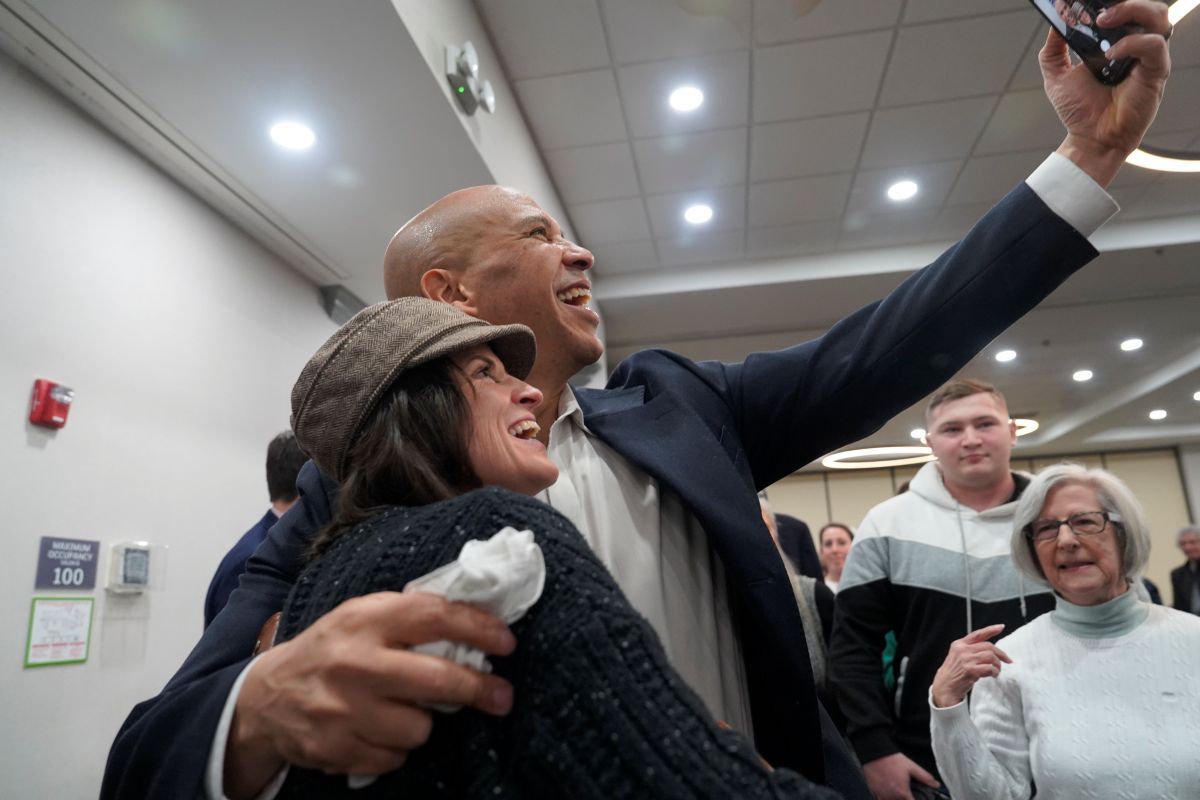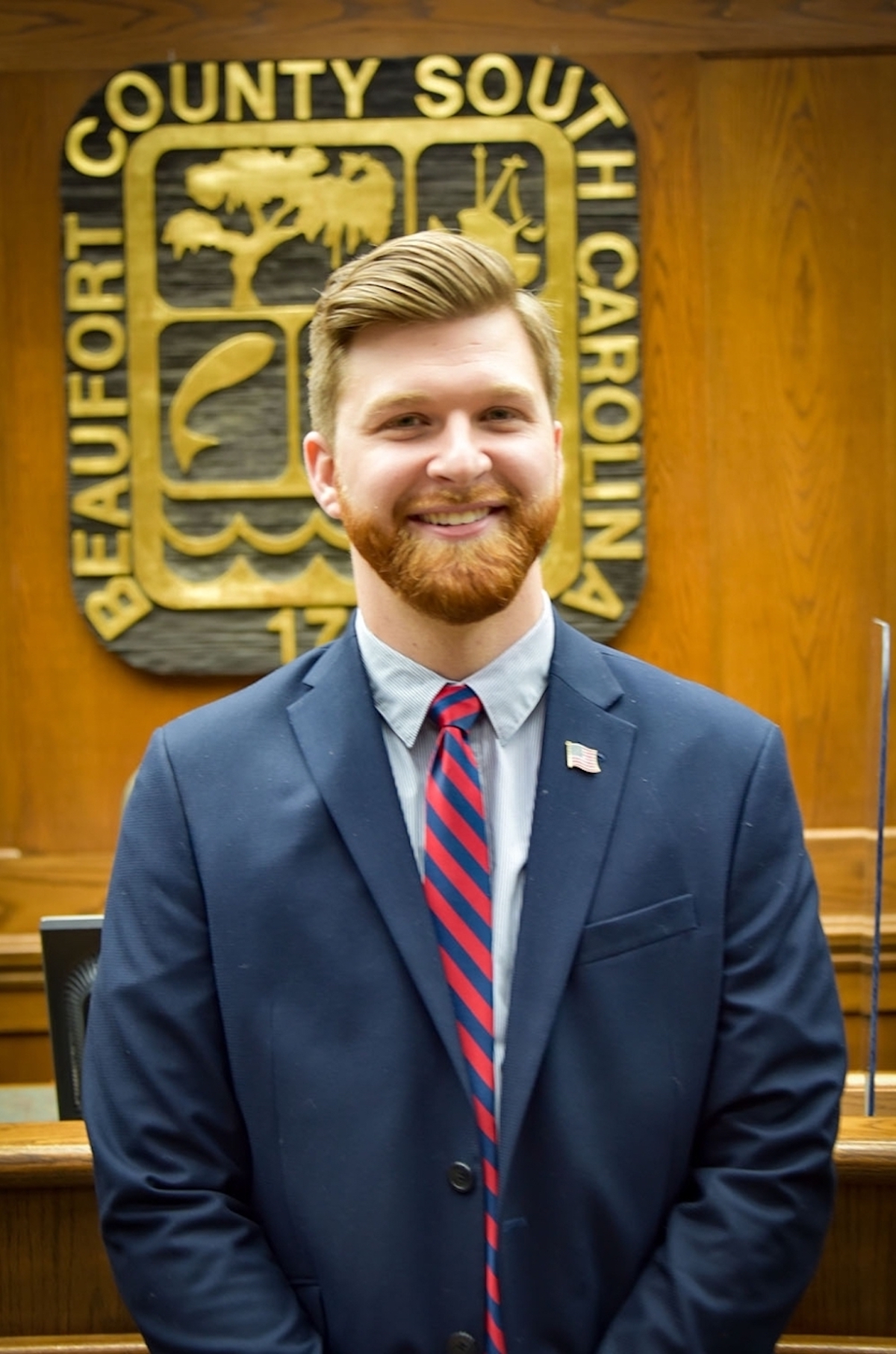By Tony Kukulich
Residents of Beaufort County have long supported land preservation initiatives, and when voters go to the polls, either in early voting or on Election Day, they will have the opportunity to approve or reject a sales tax referendum intended specifically for the preservation of open space.
The referendum will, if passed, implement a 1% sales tax that will raise up to $100 million over two years. The tax will expire either at the end of the two-year term or when the $100 million target is reached, whichever comes first.
“Beaufort County voters have recognized the value of land protection for quite some time because we’ve been willing to tax ourselves since 2002 with the Rural and Critical Lands Preservation Program,” said Kate Schaefer, director of land protection with the Beaufort-based Open Land Trust.
The preservation of open land is the goal of the program, but Schaefer noted that land preservation has important ancillary benefits including the protection of: water quality, cultural resources, flood control, quality of life and economic opportunity tied to the county’s natural resources.
Because the funding for the program will come from a sales tax, it is estimated that tourist spending will contribute about 40% of the revenue raised for the program.
“People are coming here because of our healthy natural resources,” said Jessie White, South Coast Office Director for the Coastal Conservation League. “If we want to continue that revenue stream, investing in land protection is a really important way that we do that. The sales tax mechanism is a way for those tourists to buy into this because they will be helping contribute to the funding.”
In addition to the outright purchase of land, the referendum allows the funds raised to be used to purchase development rights, conservation easements and rights of first refusal among other options. The preservation of land is also not limited to Beaufort County. Funds raised through the tax could conceivably be purchased in other counties.
Schaefer referred to that aspect of the measure as an innovative approach to land preservation noting that environmental challenges often spill over county lines.
“We know that downstream users benefit from upstream land protection,” she said. “The public benefit of protecting land regionally – on a landscape scale – is so significant. Because of all of those growth pressures, the urgency to protect land at a landscape scale is now. We can’t just put up a wall along the county line and expect to solve regional problems.”
There appears to be strong public support for the new land preservation program. A poll completed by the Coastal Conservation League, the Trust for Public Land and the Conservation Voters of South Carolina earlier this year queried 300 potential voters in Beaufort County. It found that 64% of voters were in favor of the 1% sales tax with a two-year term. The survey also found that 65% of respondents felt the county was growing too fast.
“That shows consistent interest in, and stewardship care for, land protection in Beaufort County,” White said.
A seven-member citizen advisory board will be tasked with examining preservation opportunities and making recommendations to county council. The council will be responsible for approving or rejecting any expenditure recommended by the board.
State Sen. Tom Davis, R-46, took the lead on the County Green Space Sale Tax Act, a bill signed into law by Gov. Henry McMaster in May 2022 that gave counties the power to raise tax revenue for land preservation. Beaufort County is the first county in the state poised to enact a program based on that legislation.
“Beaufort County is experiencing explosive growth; the demand for living here is high and the supply is all too plentiful – a sad yet predictable consequence of overly generous density authorizations issued by local governments to developers over the past few decades,” said Davis in an email to The Island News. “Those past authorizations are now rapidly being converted to buildings, which further burden our already overburdened roads and threaten to destroy our fragile ecosystem. Doing nothing to stop this would be both immoral and economically stupid.”
The Green Space Program is expected to be complementary to the existing Rural and Critical Lands Preservation Program (RCLPP). That program has, according to its 2020 annual report, invested $137.7 million to preserve about 26,000 acres of county land. The program is funded by a property tax, and Beaufort County was the first county in the state to create such a program. It has since been used as a model for three similar programs that now exist in other counties.
“Beaufort County is in a really good position to be the leader on this because of their record of success with the Rural and Critical Lands Program,” White said. “Given that Beaufort County has been a leader in conservation in the state, it makes sense that they would move forward with this program.”
Both Schaefer and White acknowledged that inflationary pressure in the current economic environment makes it a less than ideal time to propose a new tax initiative. They remain confident that Beaufort County voters will continue their record of voting in support of land preservation.
“We live in a special place,” Schaefer said. “I think that contributes to people’s willingness to pay to protect it because everybody recognizes how special this place is and loves their community and sees the value in protecting it. But we have to be strategic about it. This is strategic land protection.”
Tony Kukulich is a recent transplant to the Lowcountry. A native of Wilmington, Del., he comes to The Island News from the San Francisco Bay Area where he spent seven years as a reporter and photographer for several publications. He can be reached at tony.theislandnews@gmail.com.









